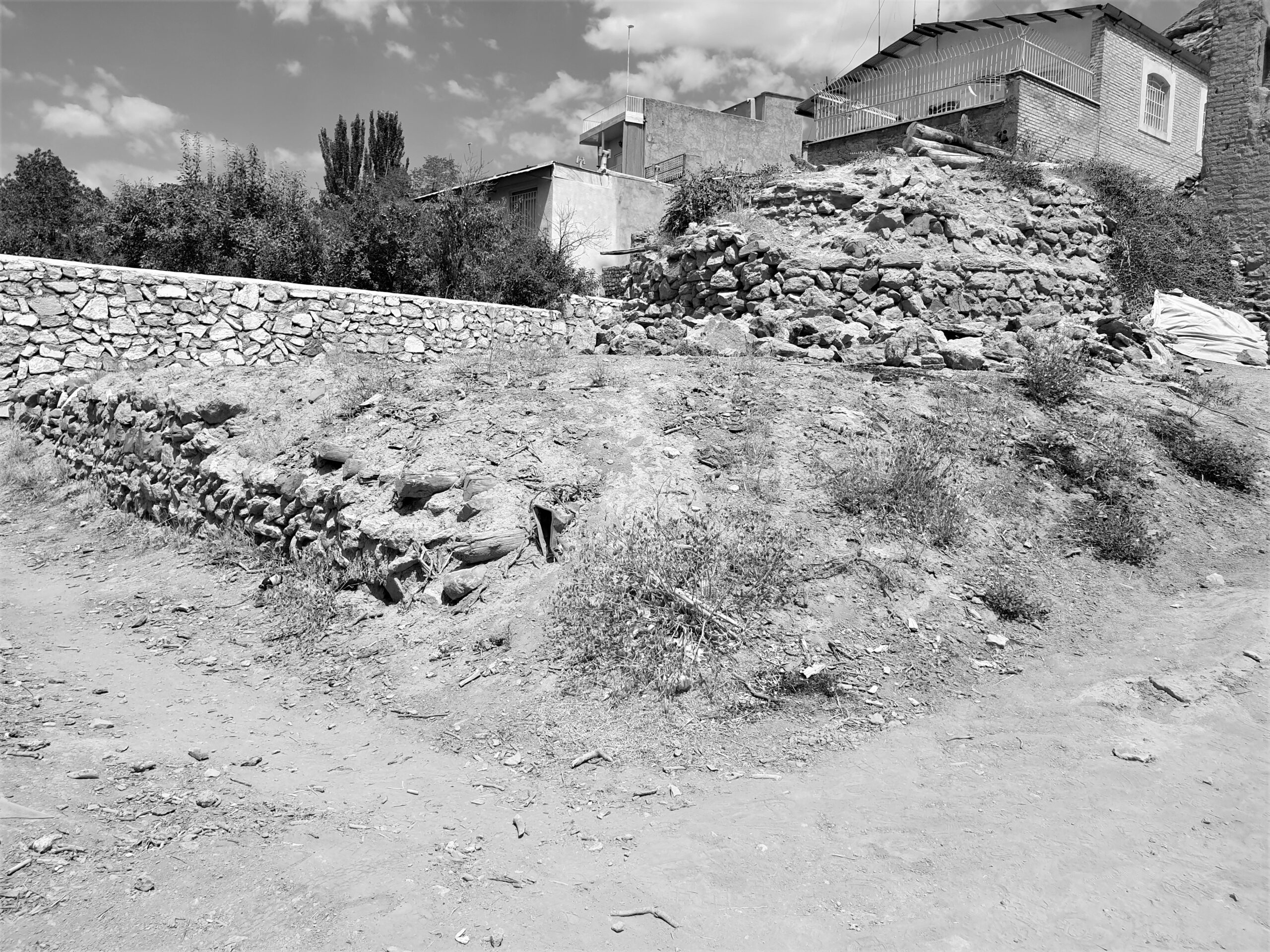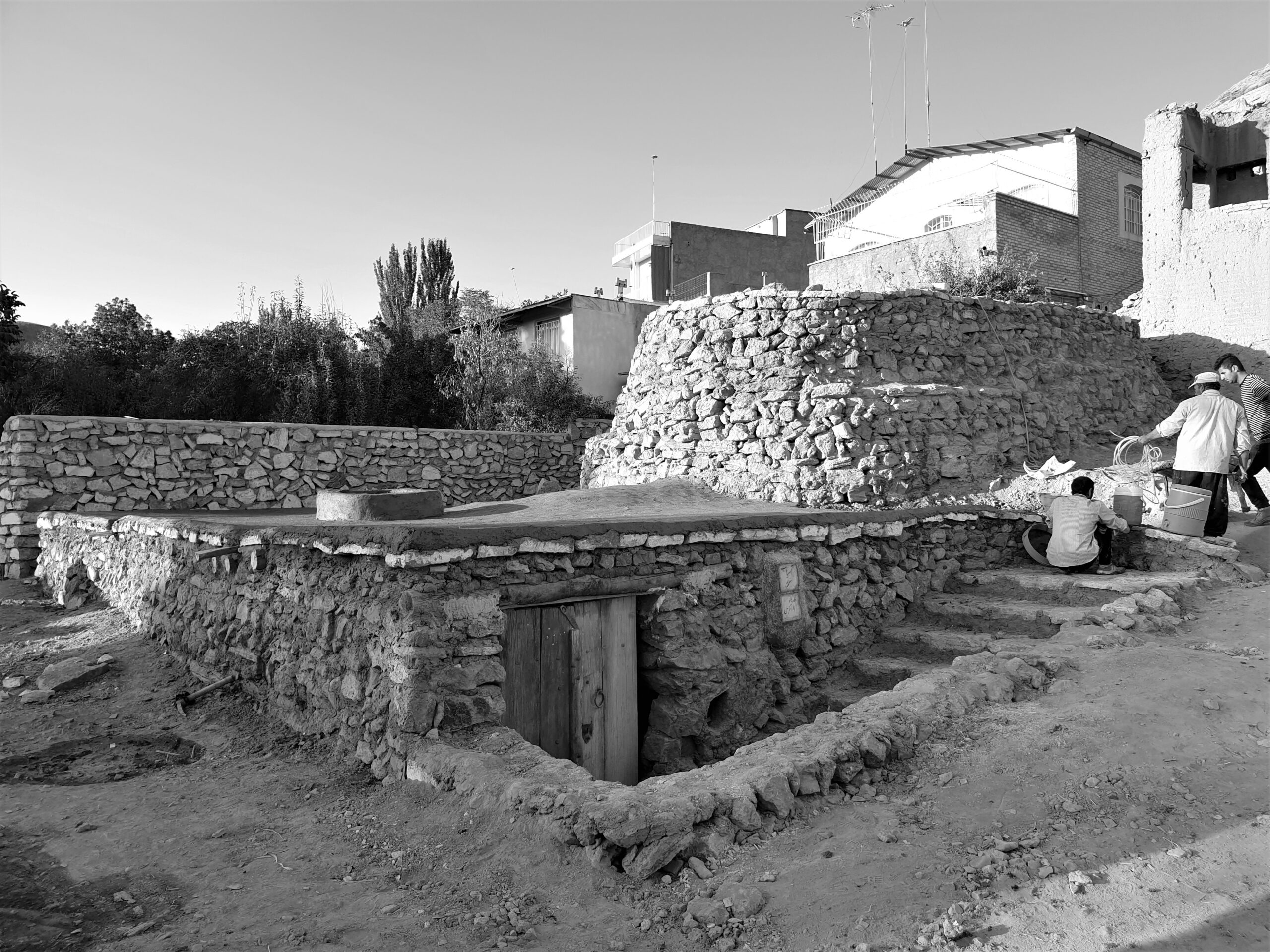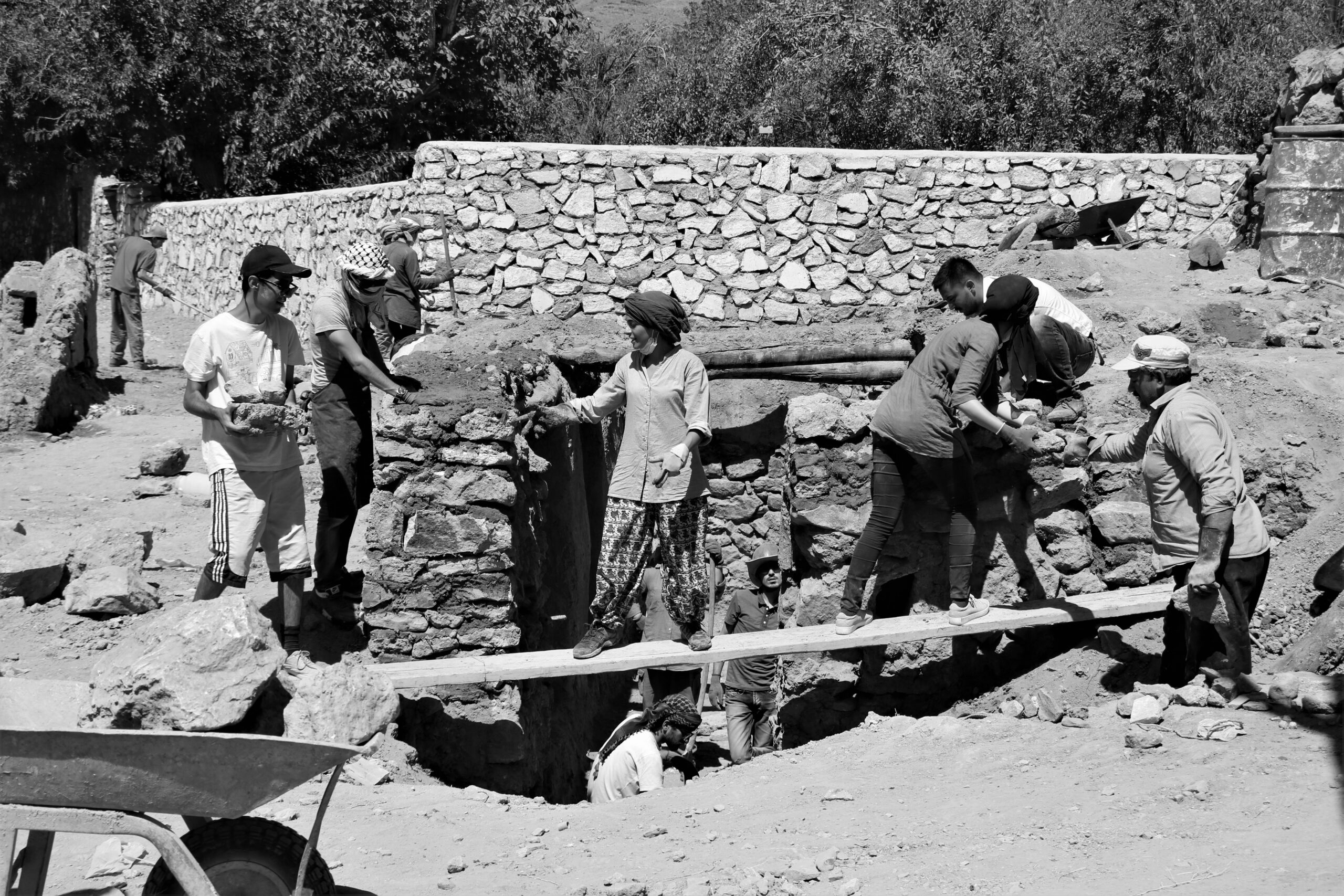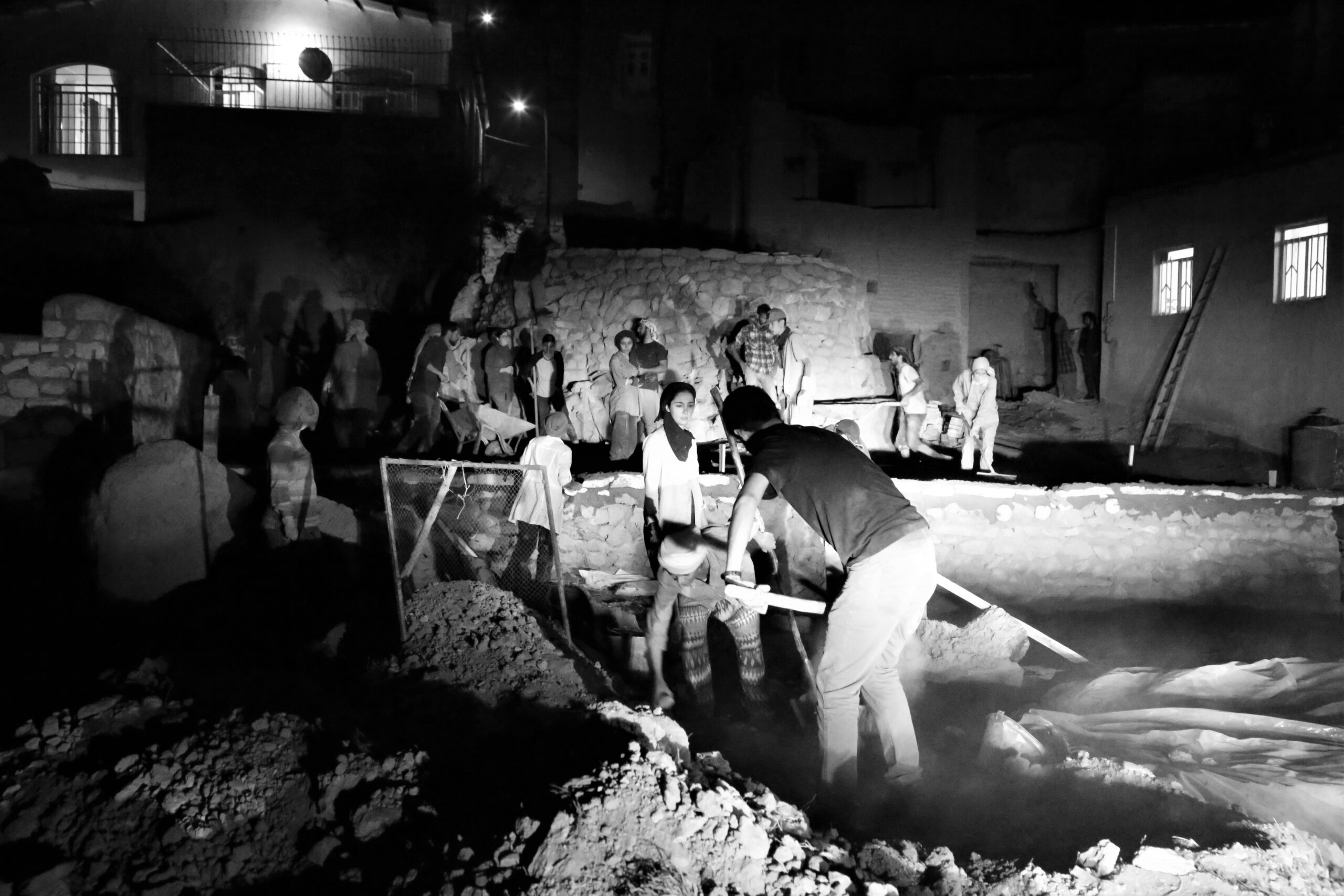Summer School Stories – Arezoo Khazanbeig
“Engaging Communities in Cultural Heritage” Summer School
Arezoo Khazanbeig, Architect
With the aim to broaden my knowledge in the field of heritage preservation and to develop further my personal project which is called “Workshop on Regeneration”, I participated in the “Engaging Communities in Cultural Heritage Summer School” offered by HERITΛGE in July 2021. As an architect, I am mostly interested in the preservation of heritage in rural settings, and to this end I have co-organized several workshops aiming to regenerate rural neighborhood and abandoned villages. In my work, I realized the importance of community and the engagement of rural inhabitants in the process of rural regeneration and heritage preservation and this is one of the main reasons why I joined this summer school.
The villages of Iran forget their wise and sustainable methods of living. They are transforming from primary producers to mass consumers. Neglecting the value of their vernacular heritage, the rural population is leaving for the cities. Villages are left abandoned for the sake of unbalanced development. We tried to overcome the issue by designing “Workshop on REGENERATION,” a bottom-up, teamwork process whose primary aim is to frame the problem in the context of conservation, sustainability, indigenous construction, and resiliency. Besides this, it aims to investigate possible solutions through lectures, discussions, and hands-on work. These yearly workshops are also the starting point for interdisciplinary collaboration and practical effectiveness.
The workshop makes different groups of people work together and encourages them to get involved in a specific issue, which is vital in sustainable development. It has been designed to make a link between professionals, academicians and locals to form a bond of mutual respect and perception. Professionals and heritage practitioners will find here an alternative influence through working in a rural context, and local populations will revive their relationships with the heritage values of their properties.
In these projects, the regeneration and the restoration of public spaces – like the watermill of Sarar in the centre of the village – was completed successfully through the cooperation of academia and local craftsmen. However, the lack of comprehensive and inclusive communication and community engagement as the principal users of these sites were noticeable. Also noticeable was the dissatisfaction and disapproval of the community and the inhabitants, as well as their apathy towards the future of the project.
My participation in the summer course illustrated to me the importance of the ethnographic study, oral histories as well as media and digitalization in the research and preservation of heritage today. All these aspects emphasize the participation of the communities as the main users and inhabitants of heritage sites; in other words, they are the “authors” of these places not only during the restoration and preservation projects but also in their maintenance and their long-term sustainability.
Moreover, I noticed the importance of oral historical and ethnographic research to engage locals further in the process of highlighting the values of tangible heritage especially in rural neighbourhood where enough written historical information and archives do not exist.
At the end, all the study materials, case studies and lectures together with the possibility of practicing all the learned topics with the inhabitants of Paros in small groups, turned into a special experience. Subsequently, I believe with applying the essence of this course on the “Workshop on Regeneration” project, not only the community will engage with the project in a comprehensive and inclusive way, but also the projects themselves will progress in more sustainable ways.




